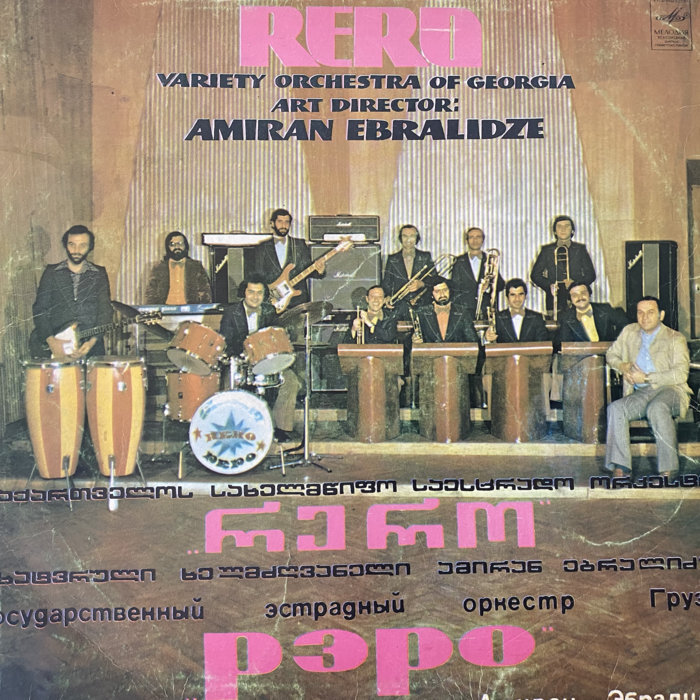
რერო – გამადი – ბატონებო გაჭრა – რერო – გამადი – SIRS CUT
this blog is GROOVY – check out great Soul, Funk, Jazz, Hip Hop, Bass, Breaks , Reggae, House n many more TUNES
Surf music, baby! It’s not just a genre; it’s a whole vibe filled with catchy riffs, sandy beaches, and an irresistible urge to catch some waves. Let’s ride the wave through its history while grooving to some funky facts along the way. Grab your board and let’s paddle out!
Surf music kicked off in the early 1960s in sunny California! Picture this: teens with sun-kissed hair and tans that could make anyone envious—ready to hit the beach after school. They needed tunes that matched their carefree lifestyle. Enter Dick Dale—the “King of the Surf Guitar.” With his mad guitar skills and wild style, he set the stage for what was about to become a tidal wave.
Dale’s 1961 hit “Misirlou” is often credited as one of the songs that launched surf music into popular culture. This high-energy track wasn’t just catchy; it became synonymous with surfing itself! Fun fact: Dale used his unique guitar technique called “the staccato picking method,” which sounded like nothing else at that time—a true pioneer!
Around this time, another group emerged from Santa Monica called The Beach Boys. With their harmonies sweeter than a coconut drink on a hot summer day, they took surf music mainstream. Songs like “Surfin’ USA” captured not only the sounds but also the essence of youth culture during those groovy years.
Here’s something hilarious: Brian Wilson had an epiphany about writing songs while sitting on a toilet! He claimed he got inspired by how good his voice echoed in there—talk about inspiration striking at odd moments!
While vocals were key for groups like The Beach Boys, instrumental bands such as The Ventures pushed surf rock into new territories with killer guitar solos and infectious melodies. Their rendition of “Walk Don’t Run” is still iconic in every surfer’s playlist today.
A fun little nugget? Many musicians back then weren’t surfers at all! They just loved capturing that chill beach vibe in their tunes without ever setting foot on a board—imagine catching waves by strumming instead!
As we cruised through the mid-60s, surf music began branching out beyond California shores—it went global! Bands from Australia (like The Atlantics) started dropping rad tracks too. It even influenced pop-punk bands decades later like Blink-182 who paid homage with hits like “All The Small Things.”
Let’s sprinkle some humor here: One Australian band once attempted a live show over water… but forgot life vests for half their crew—surfing dreams turned into swimming lessons fast!
But hold up—the late 60s brought more than just sweet vibes; it brought change when psychedelic rock surged through America! Bands shifted focus from sunny days at sea to mind-bending loops and elaborate soundscapes.
As surfers started hitting festivals instead (think Woodstock!), many punkish lads traded wax for flower power so you’d find them dancing barefoot rather than shredding gnarls on Sunday mornings.
Not everyone was ready for this shift though; die-hard surf fans felt left behind while others embraced innovative sounds coming right outta Haight-Ashbury.
Guess what? Iconic group Jan & Dean, famous for “Little Old Lady From Pasadena,” creatively flaunted both genres together with tracks featuring jazzy horns alongside classic beach themes—they rode two waves simultaneously!
Funny fact alert: Jan Berry famously crashed his car head-on due partly due distraction by his own success—it seems fame can be quite dizzying—even when cruising down Sunset Boulevard!
By the late 70s—and well into today—you’ll spot echoes of surf everywhere—from commercials selling flip-flops to zany cartoons featuring surfing cats (yes really!). Some revivalists have taken us back home too—the 80s saw groups resurrecting classic sounds spiced up with punk influence found within Three Fish or even No Doubt sprucing things up prior becoming mega stars across genres entirely…
And don’t sleep on modern-day acts either—we’re talking about names like Best Coast, who bring those laid-back vibes back around accompanied by fuzzy guitars fit enough for any backyard BBQ party celebration under bright blue skies you can imagine…
Several non-surf acts borrowed heavily from our beloved genre too—including Pearl Jam celebrating ‘Hawaii Five-O’ theme songs during shows worldwide—not quite traditional yet totally tardy—but hey sometimes living life means breaking rules right?
Now how ’bout aficionados diving deep into record collections? Across vinyl shops are rarities aplenty showcasing pristine versions collecting dust waiting silently until somebody uncovers gold hidden beneath forgotten stacks overflowing summertime nostalgia lines cropping fresh ends by years past fading quickly away…
So next time you’re stoked hitting those rolling waves or chilling poolside sipping juice boxes remember—you’re partaking in history much larger than original chord changes alone… Surf culture shaped generations worth lasting memories mixed rhythmically between salty air breezes wafting gently whispering secrets shared amongst melodic wonders converging effortless tunes bringing smiles wherever they gooo… Cowabunga dudes!! 🏄♂️🎸

რერო – გამადი – ბატონებო გაჭრა – რერო – გამადი – SIRS CUT